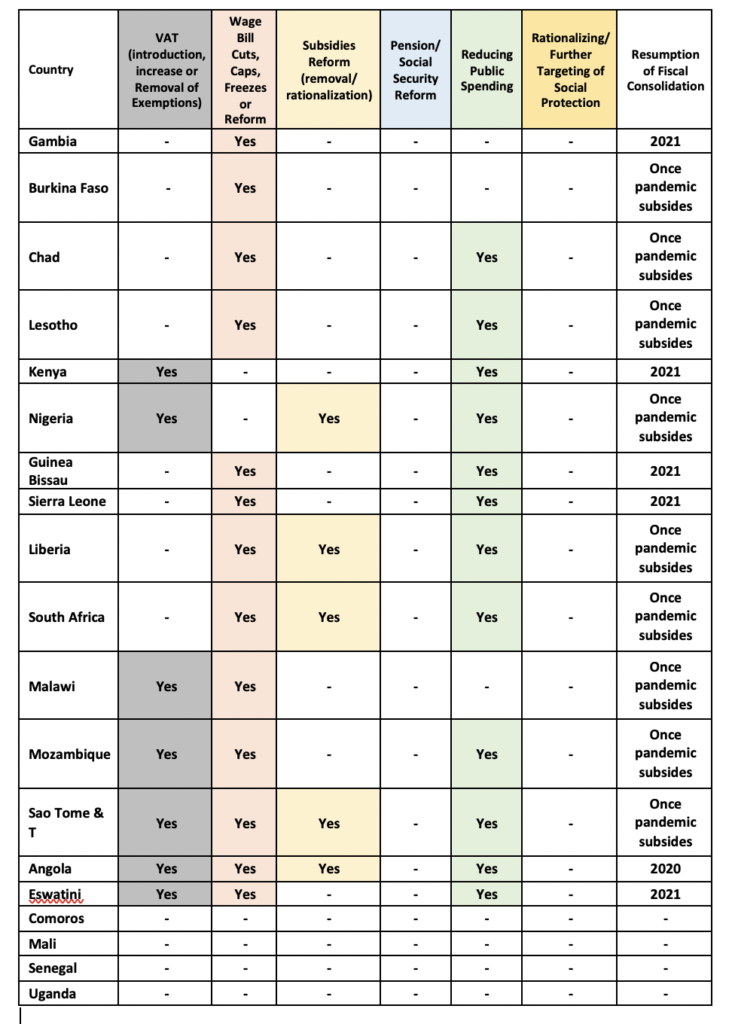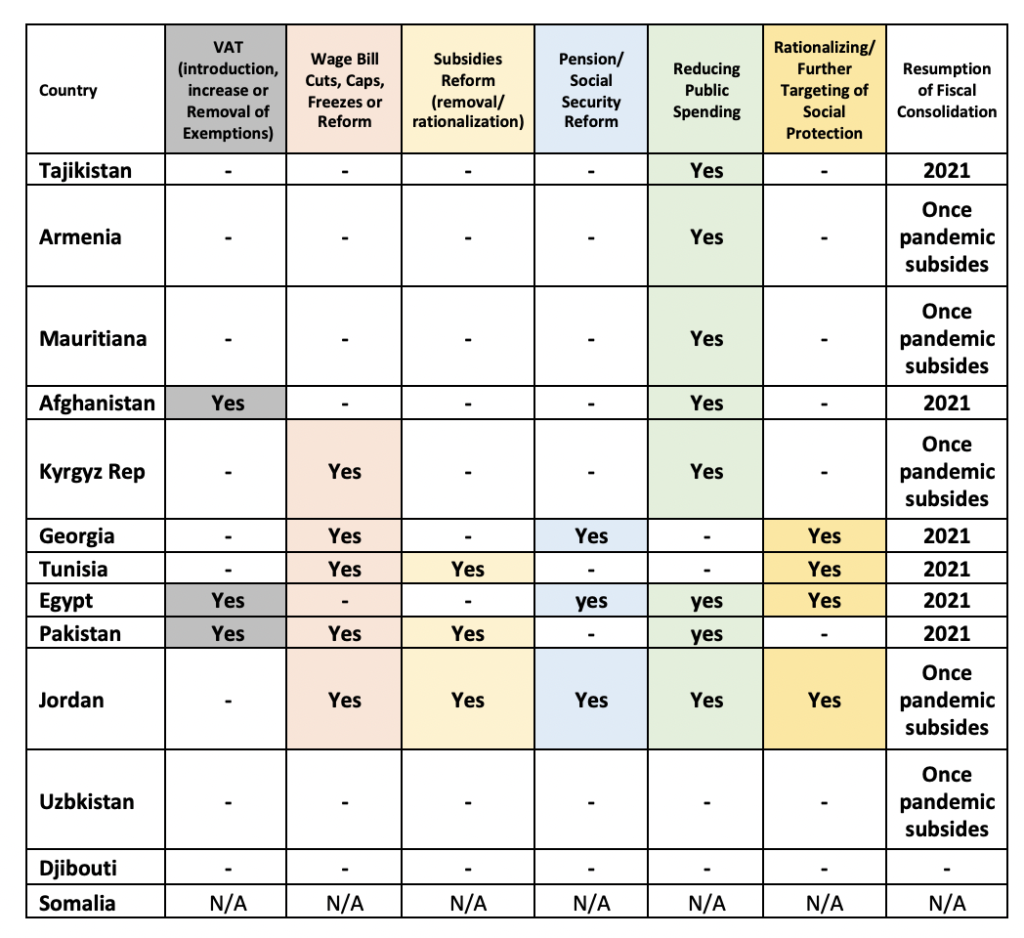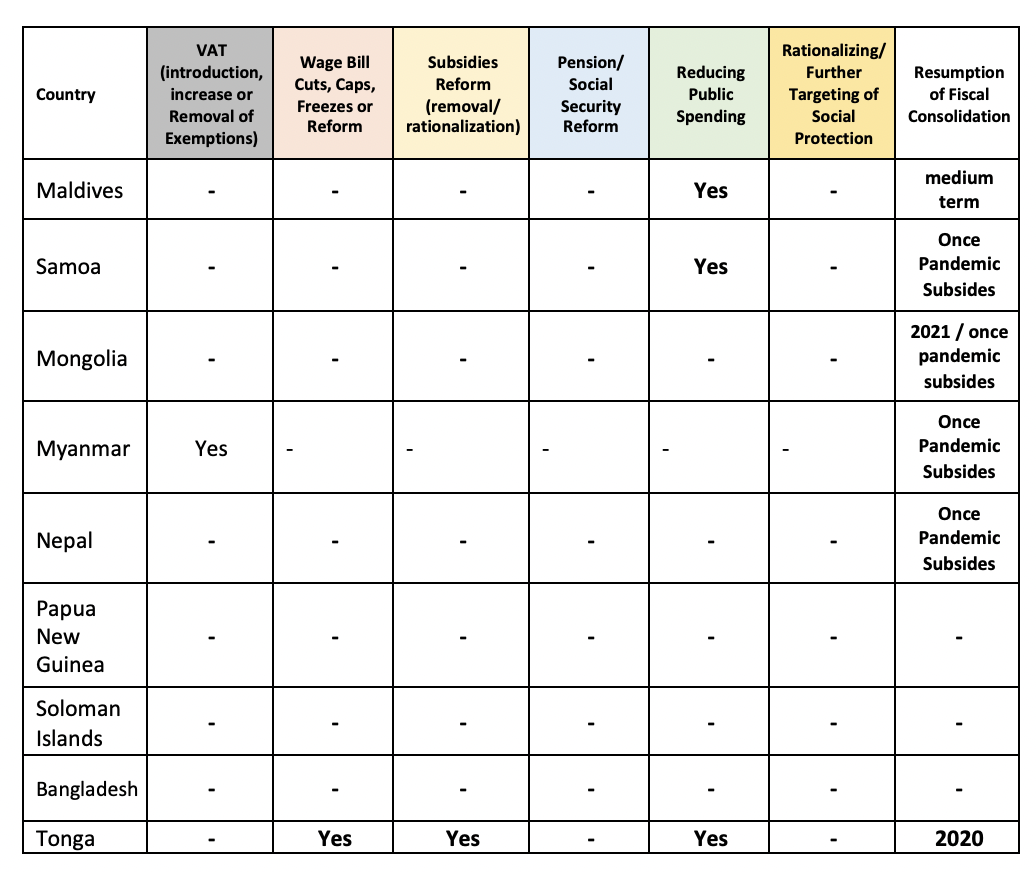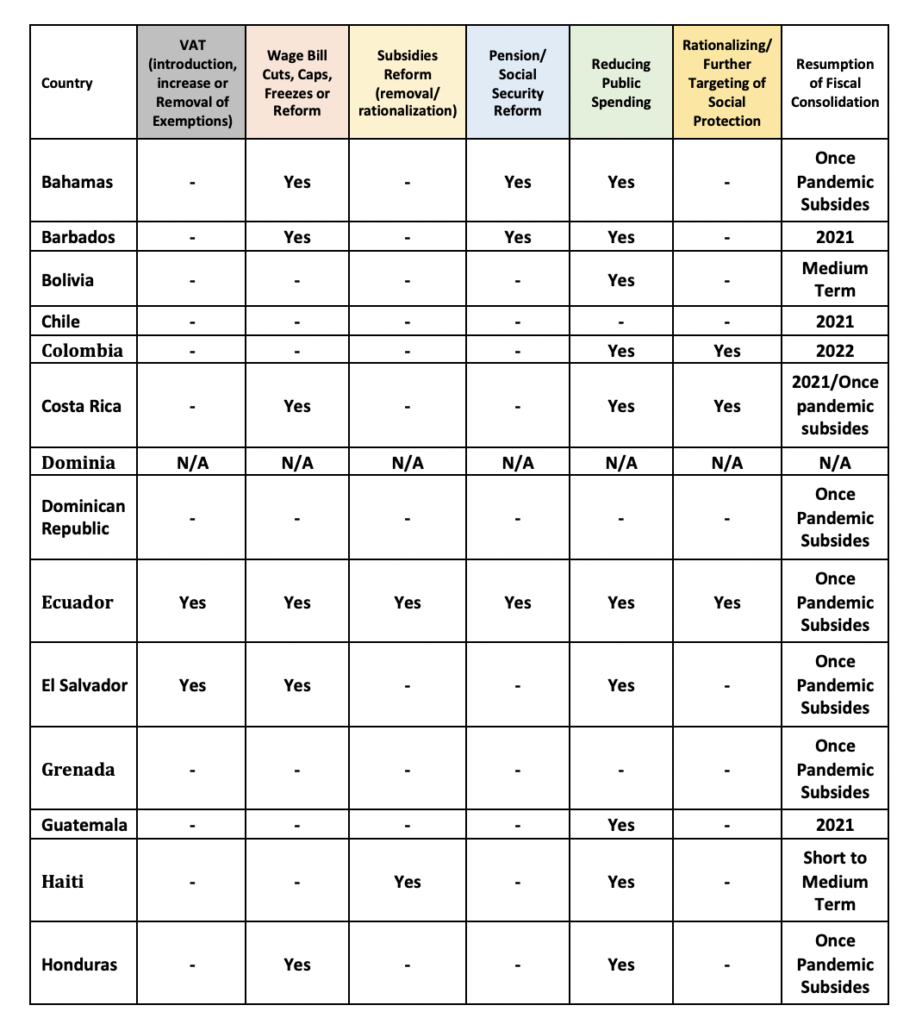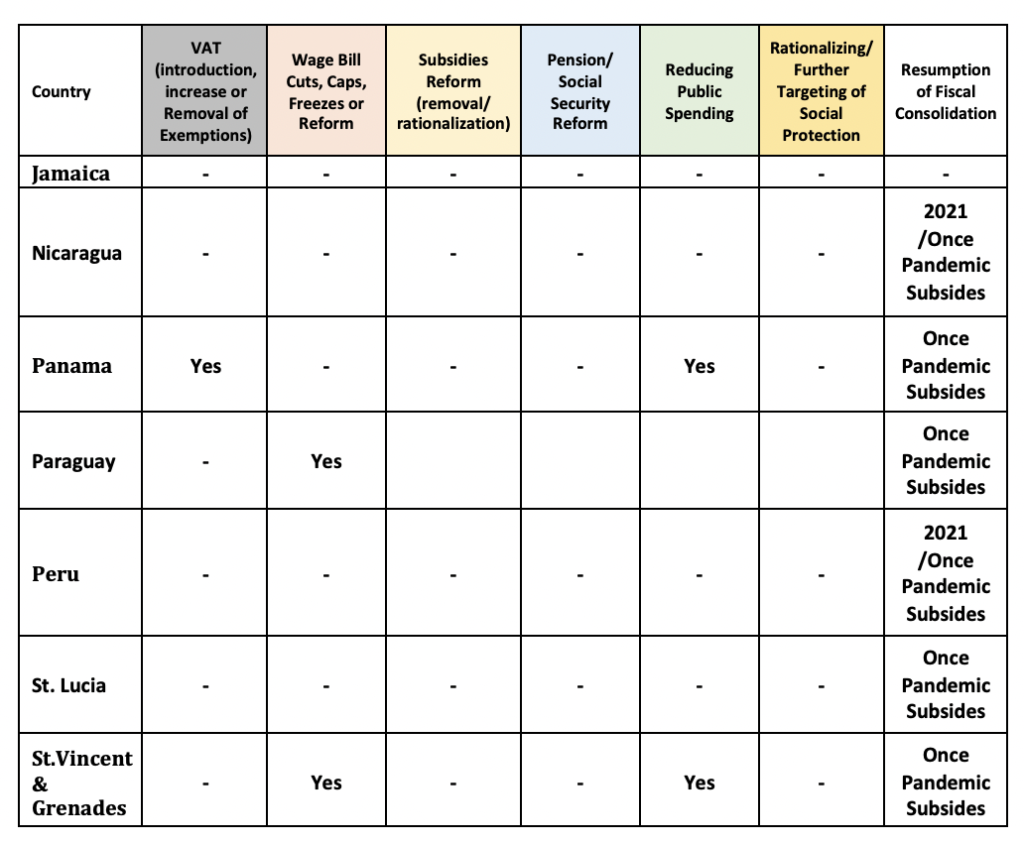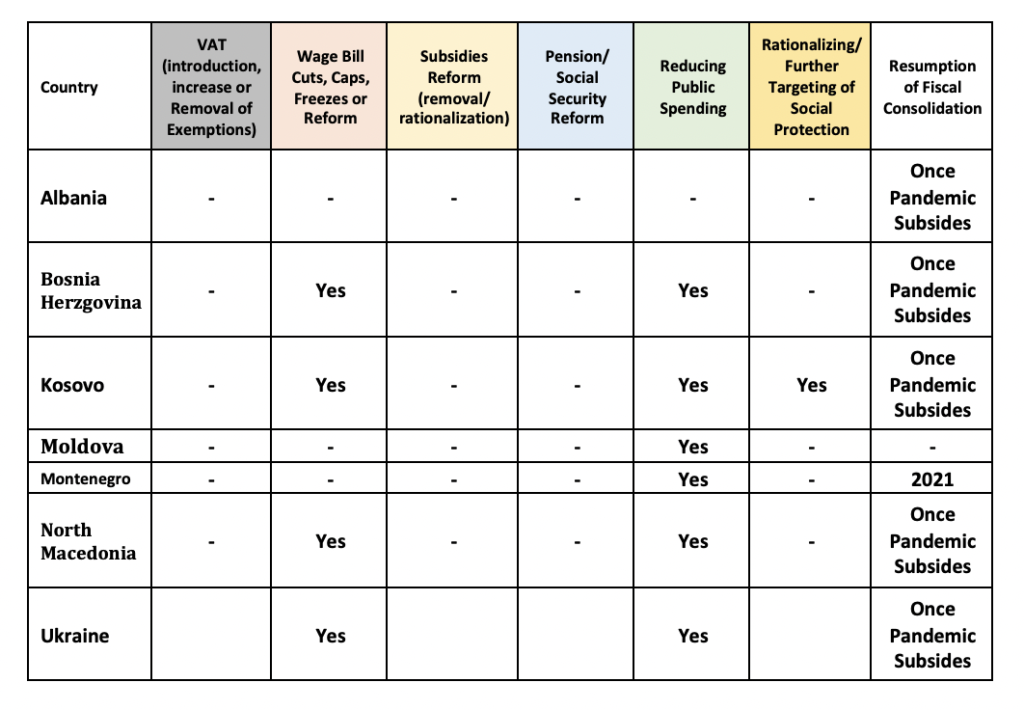OXFAM Criticizes IMF Loans. IMF Creates Poverty & Inequality in Developing Nations
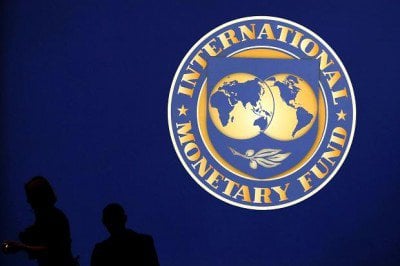
All Global Research articles can be read in 51 languages by activating the Translate Website button below the author’s name (desktop version)
To receive Global Research’s Daily Newsletter (selected articles), click here.
Follow us on Instagram and Twitter and subscribe to our Telegram Channel. Feel free to repost and share widely Global Research articles.
***
In a report covering covid-19 period from March 2020 to March 2021 OXFAM’s research bring home some hard facts that are camouflaged by words & terms. IMF Fiscal consolidation is nothing but austerity upon low-income & middle class populations while IMF reforms means cutting social welfare & subsidies. OXFAM says that these measures which cover taxing, wage bill cuts or freezes, pension cuts, subsidy elimination, cuts to public spending have over period of time brought countries to great difficulty as they have to continue taking loans & paying back taken loans with interest while people suffer consequences of IMF recommendations. OXFAM claims IMF austerity increases income of the wealthiest 10% at the expense of the bottom 80% which include the middle class who face the most burdens.
IMF Consolidation = austerity
IMF reforms = elimination of subsidies/cuts/freezes etc.
How does the wealthiest 10% increase their income.
IMF while recommending to slash state subsidies to the people, also promote privatization & when state entities are privatized while state increases prices/taxes which have to be borne by the poor – the private owners naturally gain more income as they hold most avenues of revenue.
Within 9 months in 2020, 1000 billionaires wealth had increased by $3.9trillion but workers had lost $3.7trillion in labor income. This showed the gap between top 10% & bottom 80% widening.
When the covid-pandemic struck, Governments had no choice but to impose lockdown which impacted every sphere of society. OXFAM says that neglected health, education by the State as a result of IMF agreed initiatives, countries were ill-prepared to deal with the pandemic & their self-sustainence apparatus had been compromised.
According to OXFAM only 1 in 6 countries were spending enough on health, only 1/3 the global workforce had adequate social protection and 1 in 3 workers across 100 countries had no labor protection.
OXFAM accuses IMF of not promoting “people centred just & equal recovery to fight inequality not fuel it”. IMF should encourage governments to increase social spending not cut it. Then only quality of the people improve. OXFAM asks why IMF doesn’t focus on people-centred recovery through policy that redistributes free quality universal – healthcare, education & social protection.
OXFAM says that IMF is well aware of the burden of austerity unevenly distributed across society, globally.
OXFAM says that IMF is also aware that imposing austerity will only worsen the pre-pandemic situation of low income families. IMF loan interest may be cheaper, but look at the cost to the people burdened by IMF conditions.
Why does IMF always targets the poorer segments of society & never the corrupt rich, the corrupt corporates or the corrupt politicians.
Why doesn’t IMF impose wealth tax, capital gains tax, removal of tax exemptions that favor rich, demanding governments tackle illicit financial flows (tax evasion).
OXFAM research covered 1 March 2020 – 15 March 2021
- 85% IMF’s 107 loans with 85 governments involved austerity demands (as per loan documents of 73 of the 85 countries)
- IMF conditions targets low income/middle classes only
- IMF imposed VAT introduction/increases on 41 countries
- IMF imposed wage bills cuts/wage freezes on 31 countries
- IMF imposed subsidy cuts on 11 countries
- IMF imposed pension cuts on 6 countries
- IMF imposed reduction to public spending on 55 countries
- IMF imposed targeted social protection programs on 8 countries (this meant that only a segment was covered while others who were also vulnerable was omitted)
- 26 governments in Africa & Latin America /Caribbean planned to resume fiscal consolidation in 2020 & 2021as per IMF requirements.
- 107 IMF loans with 85 countries between 1 March 2020 & 15 March 2021 worth $107billion.
Austerity Measures in IMF Loans During and in the Aftermath of the COVID-19 Pandemic
Middle East, North Africa and Central Asia
Asia and Pacific
Latin America & Caribbean
Europe
When IMF was aware of the impact of covid, why did IMF impose conditions to covid-19 loans while also demanding countries adopt austerity after pandemic?
Why does IMF demand countries that face high deficits & debt to adopt fiscal consolidation (austerity) knowing the dire outcome? IMF’s own research reveals this outcome.
OXFAM refers to 500 organizations issuing a letter to IMF regarding conditions imposed by IMF for pandemic-hit countries. OXFAM says IMF should be promoting redistribution policies to make society more equal & shield people from severe economic hardships, instead of fueling inequality with IMF conditions.
IMF’s argument is that fiscal adjustments(austerity) reduces budget deficits & sovereignt debt. But what has this cost the people who have to face the austerity measures? IMF influences govts through lending, technical assistance & surveillance to adopt austerity measures but the same IMF teams do not offer any solutions when inequality & poverty prevails which developing nations have to face but cannot because IMF will be blowing hot & cold.
IMF forces countries to
- Cut wages/freeze wages
- Impose consumption taxes (VAT) without taxing rich/corporates
- Increase prices of essential goods & services
- Cut public spending/ration social welfare
- Cut subsidies
- Slash pensions
Countries impacted with IMF austerity have seen rise in unemployment, job cuts, youth depression, HIV infections soaring, high suicide rates & a very angry general public. Thus, these IMF austerity are all counter-productive because the middle class & poor have to survive with what they have but are unable to survive because what they have cannot meet the price hikes & tax increases. There is no growth in a country. A country will only witness inequality, anger & social calamity.
Eventually the State has nothing left to tax or gain revenue to even repay debts because IMF forces countries to sell their resources & assets and with people in dire straits without jobs, income & in poverty, how can a government provide relief when it has to pay IMF loans, while taking more loans to live but having no assets to generate income/revenue as these have all been privatized or sold off. When there is no internal growth wagon under the state, the state cannot function. What happens then?
IMF requires countries to scale down on social welfare to its citizens, sudden pandemic situation like covid-19 has shown the adverse effects of neglecting health making people vulnerable & the outcome is nothing countries can be proud of.
OXFAM accuses IMF of contributing to cutting down on a states health investment which affected covid pandemic & highlights the importance of govts supporting social structures. OXFAM criticizes IMF’s proposal of “targeted social assistance programs” as they only cover low-income and excludes middle-income earners who also require assistance as given by universal healthcare.
IMF will refuse to take accountability
Similarly, IMF has also required countries to scale down on improving public sector productivity and this has resulted in a lethargic yet ballooning politicized workforce. The scenario is used by IMF to demand wage cuts/job freezes none of which overall help improve/increase the productivity of a country & impedes the growth apparatus. With job cuts the result is unemployment, social ills, public outrage & social disorder – all of which further impedes growth & every time such happens, governments have no choice but to take more debt which IMF is happy to give by making more demands that ultimately hit the people. IMF loans are only creating, widening the inequality gap.This vicious cycle needs to stop.
OXFAM recommends
- IMF helps countries restructure debt & cancels all middle-low-income debt payments owed during pandemic & after pandemic
- IMF must work with donors to maximize aid flows & secure balance payments
- IMF should encourage & support countries to increase social spending as a permanent measure & create basis for securing quality, universal free public services.
IMF should support countries to create necessary fiscal space through $650b Special Drawing Rights allocation & transfer SDRs from reserve accounts & channeling SDRs from rich countries to middle & low income countries
In addition to the OXFAM critique of IMF, the Boston University Global Development Policy Centre looks at IMF from 2001-2018 & key findings are
- IMF has not departed from austerity inspite of 2008/2009 financial crisis
- To face less austerity measures, countries have to align to Western European trade/diplomatic goals.
- IMF austerity results in increasing income share of top 10% at the expense of bottom 80%
- Research reveal that IMF-austerity was not evenly distributed to borrowers or those facing similar economic issues. IMF’s decisions were based on foreign, economic & diplomatic relationships. In short, IMF had no equal stand applied for loans.
- IMF austerity specifically targets a nations poorest & the biggest losers are the middle class earners
It is unfortunate that “learned” think tanks & “economists” are busy promoting IMF loans & even IMF conditionalities & they are blind to the ground realities that prevail.
*
Note to readers: Please click the share buttons above. Follow us on Instagram and Twitter and subscribe to our Telegram Channel. Feel free to repost and share widely Global Research articles.
Shenali D Waduge is a frequent contributor to Global Research.



